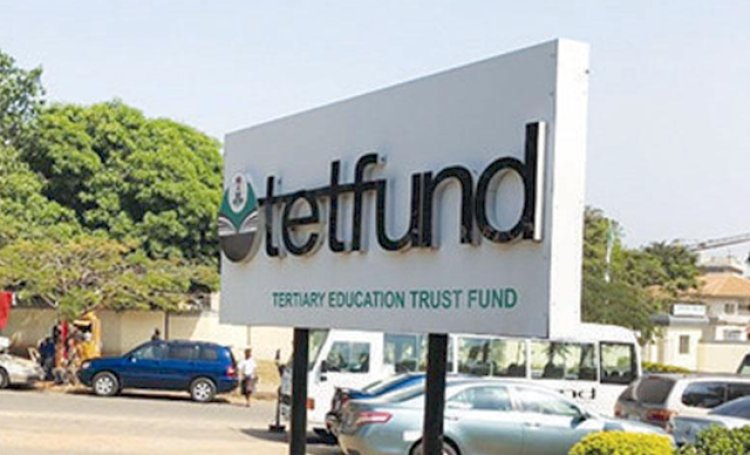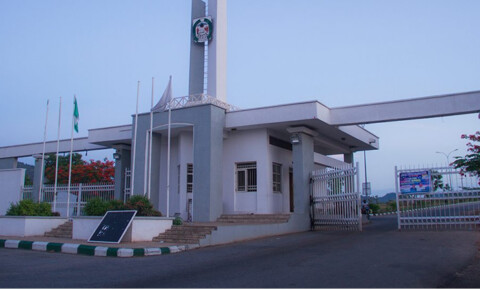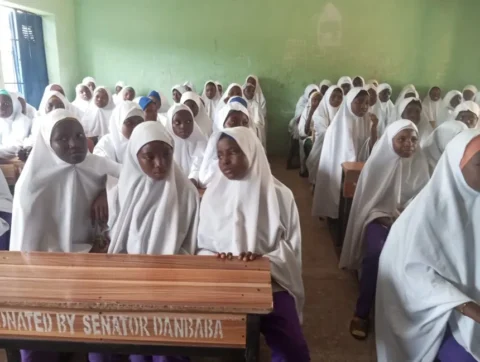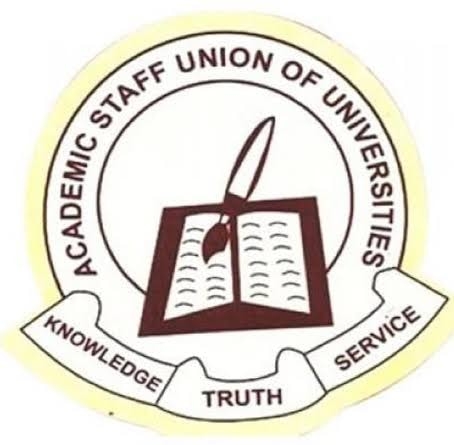The Tertiary Education Trust Fund (TETFund) has emphasized the crucial role of institutional leadership in the successful adoption of digital learning platforms, particularly Blackboard and the Tertiary Education, Research, Applications and Services (TERAS) initiative.
This message emerged during a two-day workshop organized for Registrars, Bursars, Directors of Academic Planning, ICT experts, and Thesis Project Repository Managers from TETFund beneficiary institutions. The workshop sought to deepen participants’ understanding of how Blackboard and TERAS can transform teaching, learning, and research in Nigerian higher education.
Participants were introduced to the platforms’ features, including content management, collaboration tools, and data-driven decision-making functions designed to improve efficiency. While technical expertise and infrastructure were recognized as important, stakeholders agreed that the commitment of institutional leaders would ultimately determine the success of digital adoption. Without clear policies and encouragement from heads of institutions, they warned, staff and students might remain reluctant to fully embrace the platforms.
The workshop also underscored the importance of continuous training and capacity building for both academic and non-academic staff. Participants urged institutions to invest in regular workshops, peer-learning opportunities, and incentives that would encourage innovative use of Blackboard and TERAS, thereby enhancing performance and boosting competitiveness in the global knowledge economy.
Delivering the keynote address, TETFund Executive Secretary, Arc. Sonny Echono, urged institutions to embrace technology in teaching, research, and administration. He cautioned that the billions of naira already invested in ICT infrastructure could go to waste if not fully utilized.
Echono noted that Nigeria’s growing population and limited classroom space make technology the most viable option for expanding access to quality education. “We are no longer confined to the four walls of classrooms. With just an android phone or device, students should be able to access content, participate in learning, and acquire skills. There is no alternative to technology if we must prepare our youths for the opportunities ahead,” he said.
Expressing concern over the slow pace of ICT adoption, the TETFund boss criticized some institutions that still send hardcopy requests to the agency despite directives for e-submissions. He also described the outdated websites of many universities, polytechnics, and colleges of education as “embarrassingly poor,” stressing that functional and regularly updated websites are now a necessity for transparency, visibility, and global relevance.
Echono highlighted the successes recorded during the COVID-19 lockdown when TETFund partnered states and broadcast stations to air WAEC syllabus-based lessons, which, he said, contributed to one of Nigeria’s best academic outcomes.
He further noted that Nigeria currently ranks 189th globally and 25th in Africa in education competitiveness, lagging behind smaller countries like Rwanda and Mauritius that have leveraged ICT effectively. He urged institutions to prioritize digital presence as part of strategic planning, stressing that platforms such as Blackboard, Thesis Repository, EBSCO, and e-Journals under TERAS would help position Nigerian scholarship on the global stage.
“Technology is the enabler while people are the drivers. TERAS will only succeed if leaders in our institutions take ownership,” Echono stated, adding that the project aligns Nigeria with global standards, including UNESCO’s reporting frameworks and FAIR data principles.
Looking ahead, Echono expressed optimism that ICT would soon account for more than half of TETFund’s investments in education, surpassing physical infrastructure. He linked Nigeria’s underdevelopment to its slow adoption of technology in key sectors, contrasting it with China’s transformation through deliberate investment in knowledge and innovation.





